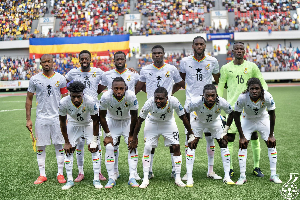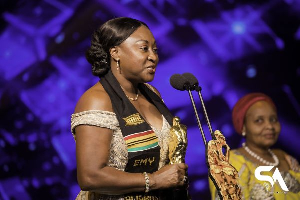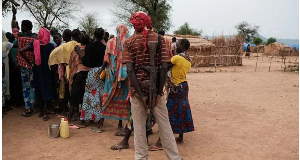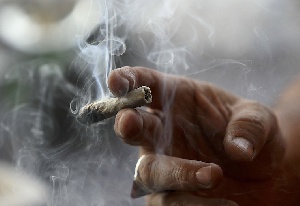General News of Saturday, 14 April 2018
Source: www.ghanaweb.com
Most Ghanaians believe there should be media censorship in Ghana – Afrobarometer report
Findings from the latest Afrobarometer report indicates that majority of Ghanaians wish government should have the right to censor media content in order to safeguard the country.
This is in a sharp contrast to the ‘Freedom and Independence of the Media’ enshrined in the 1992 constitution.
Article 162 (2) & (4) of the 1992 constitution states; “Subject to this Constitution and any other law not inconsistent with this Constitution, there shall be no censorship in Ghana. Editors and publishers of newspapers and other institutions of the mass media shall not be subject to control or interference by Government, not shall they be penalized or harassed for their editorial opinions and views, or the content of their publications.”
But the Afrobarometer report states that 40 percent of Ghanaians ‘agree very strongly’ that government should control the media and its contents particularly those that are considered harmful to the society.
24 percent of Ghanaians on the other hand, ‘agree very strongly’ that the media should have the right to publish any views and ideas without government control.
Meanwhile, 38 percent of Ghanaians according to the report say they are ‘not at all likely’ to get information from government or other public institutions.
Whilst 20 percent believe they are ‘somewhat likely’ to get information from government and other public institutions.
This again brings into question Ghanaian’s confidence in government’s efforts towards passing the Right to Information Bill (RTI) which will guarantees every citizen equal rights to access information or part of information in the custody of any public institution in accordance with Article 31F of the 1992 Constitution.
About the report
Afrobarometer is a pan-African, non-partisan research network that conducts public attitude surveys on democracy, governance, economic conditions, and related issues in countries across Africa. Six rounds of surveys were conducted between 1999 and 2015, and Round 7 surveys are being carried out in 2016-2017. Afrobarometer conducts face-to-face interviews in the language of the respondent’s choice with nationally representative samples of 1,200 or 2,400 respondents.
Afrobarometer is produced collaboratively by social scientists from across Africa. Coordination is provided by the Center for Democratic Development (CDD) in Ghana, the Institute for Justice and Reconciliation (IJR) in South Africa, the Institute for Development Studies (IDS) at the University of Nairobi in Kenya, and the Institute for Empirical Research in Political Economy (IREEP) in Benin. Michigan State University (MSU) and the University of Cape Town (UCT) provide technical support to the network.
The Afrobarometer National Partner in Ghana, the Center for Democratic Development (CDD-Ghana).
Find the full report below












